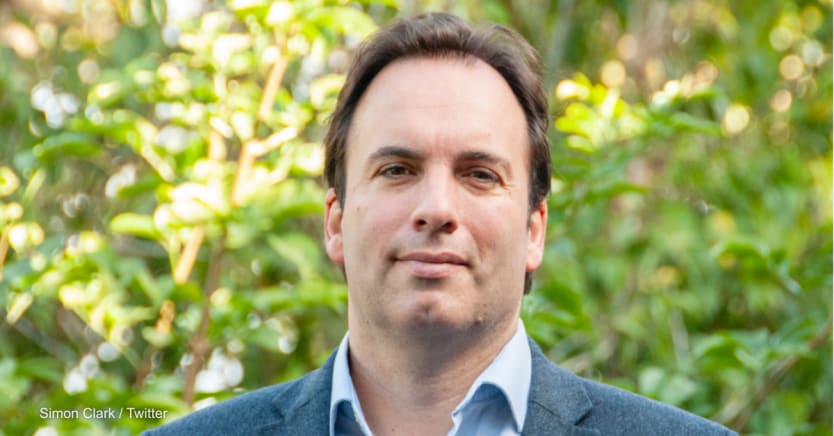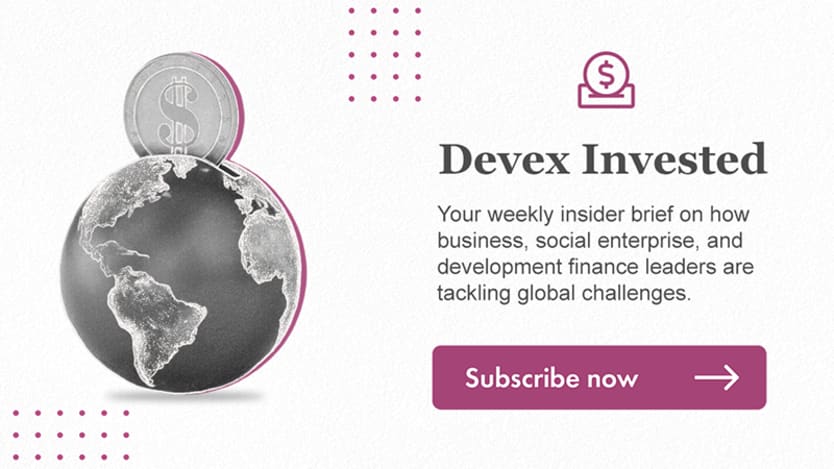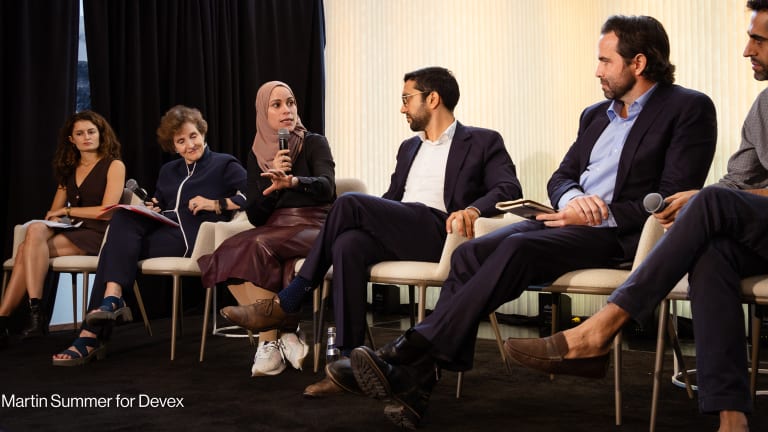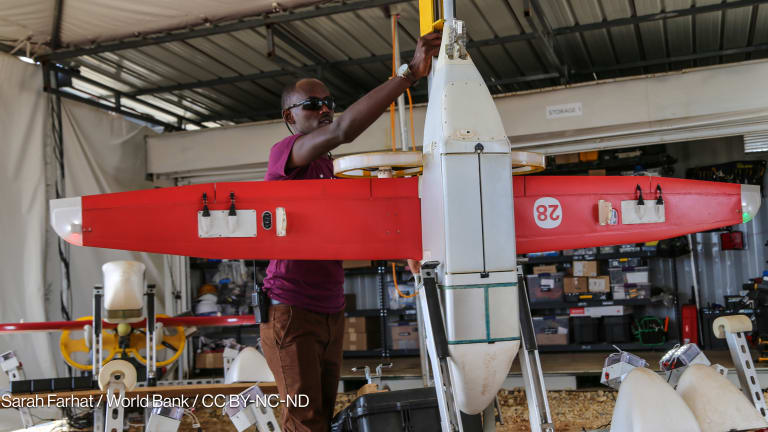
The fall of The Abraaj Group was one of the biggest scandals to rock the world of private capital investment for addressing global health and other critical challenges. The private equity firm was once feted for its promises to finance health in low-income countries.
Now, years after the affair came to light and about two months after former executive Sivendran Vettivetpillai pleaded guilty to criminal charges, questions still remain. Notably, how did the likes of the Bill & Melinda Gates Foundation — along with some of the world’s largest development finance institutions — miss the alleged fraud during the due diligence process? And have any lessons been learned?
Sign up for Devex Invested
The weekly newsletter on how business, social enterprise, and development finance leaders are tackling global challenges.
Devex spoke with Simon Clark, a reporter for The Wall Street Journal who covered the story and recently co-authored a book about it, titled “The Key Man: The True Story of How the Global Elite Was Duped by a Capitalist Fairy Tale.”
This conversation has been edited for length and clarity.
What does the Abraaj story tell us about the due diligence processes of some of their major investors, including development finance institutions and the Gates Foundation?
The Abraaj saga shows that the due diligence of the investors in the Abraaj funds was terrible. That's one important takeaway here. I have spoken to many of the investors and they say, “Well, look, we were relying on the audited accounts.” There was a large alleged fraud here. … There were big holes in the accounts, and it is amazing that those holes existed and were being covered up for so long without LPs [limited partners] really realizing it.
I mean, there are serious questions here for all of the investors involved — questions which, largely, the investors do not want to talk about publicly. Most investors were extremely reluctant to talk to [Clark and his coauthor] or to answer questions or even to respond to the Freedom of Information request that we made. And you know, the response we got from CDC [Group] was just amazing to me. They said that the public interest in withholding this information outweighs the public interest in its disclosure.
No public interest in disclosing what happened? What do you make of that?
If private equity firms are going to raise taxpayer funds from CDC or OPIC [the Overseas Private Investment Corporation] — or the DFC [U.S. International Development Finance Corporation], as it's now called — and deploy those funds in the global public interest to create a global public good, then the public deserves to know about what goes wrong as much as about what goes right.
And there was a real information imbalance that we sort of picked up in reporting the whole story. When Abraaj and private equity firms are raising money, they often speak publicly. They say that they're going to invest in a way that will be profitable for investors and will solve global humanitarian problems, climate change, and so on and so forth. And so there's a lot of statements being made about how what they're doing is good for everyone. And then when it all goes wrong, no one wants to talk about it.
I think this is a troubling aspect of the whole sort of private equity and DFI world — that there's a lack of transparency in general and in particular when things don't go well.
I think there are important lessons we can all learn here. And if we have a public conversation about this, then maybe the lessons can be learned and so the mistakes won't be repeated, to some extent. DFIs and other investors and other people involved in the Abraaj saga don't want to talk because there's a lot of litigation ongoing, and I accept that. But I think to a significant extent, people may be using that as an excuse not to talk or engage.
How has the Abraaj scandal impacted emerging markets private equity?
Opinion: We can no longer pursue profit without considering SDG impacts
"If we want to build back better and greener in low-income countries, financial risk reduction is no longer sufficient," write Ronald Cohen and Jorge Moreira da Silva.
Abraaj has had a big impact on the ability of emerging markets private equity firms to raise funds: It’s gotten harder.
But the broader argument about private equity, private capital, private finance firms moving into emerging markets or providing public goods somehow has increased.
Do you think private capital has a role to play in addressing global challenges?
Private finance is very important; it just can't solve all of the world's problems. I mean, if you go to [the World Economic Forum meetings in the Swiss town of] Davos, people will make arguments about how private companies can solve most of humanity's problems, and you might be forgiven for thinking they're saying they can do that on their own. That's not true, right? There's a role for governments. There's a role for private companies. There's a role for regulators. There's also a big role to be played by taxpayer-funded services.
What seems to be going on, to some extent, is that companies and business executives want to take over the narrative of how to solve the world's problems through business rather than through governments. And I think it needs both. It needs governments and businesses, you know, behaving properly in a well-regulated fashion to solve the problems that humanity is confronted with.
Do you think Abraaj teaches us anything about where private capital can be best used?
The proposition was that the Abraaj health care fund — $1 billion ... was going to provide health care services to the people at the bottom of the economic pyramid in some of the poorest countries in the world in Africa, South Asia.
“This is a troubling aspect of the whole sort of private equity and DFI world — that there's a lack of transparency ... when things don't go well.”
— Simon Clark, co-author of “The Key Man: The True Story of How the Global Elite Was Duped by a Capitalist Fairy Tale.”What Abraaj realized was that they could provide for-profit health care services to the emerging middle classes in these countries and provide services that wouldn't otherwise be there and charge for them.
But as the emails that we show from within the company say, the people there — the executives at Abraaj — recognized they would not be able to actually provide services to the very poorest in those communities because, very simply, the poorest could not afford it.
But when they're out marketing publicly this emerging markets health care fund, often they're saying and certainly implying that they do have the solution to how to provide services to the poorest.
How do you think this can be improved?
Too often, impact investing is like an elite sport. If they're not including poor people or people who live on a few dollars a day in how this movement and its products and services are shaped and created, I don't really see how it's going to improve outcomes for poor people.









